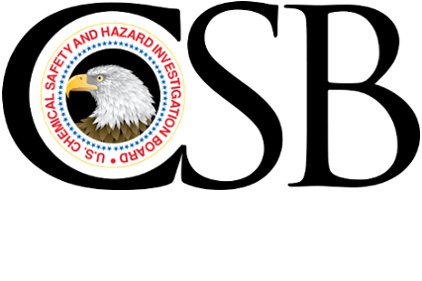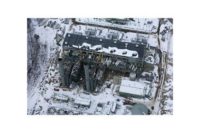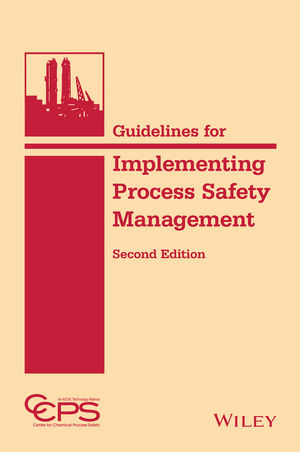 The U.S. Chemical Safety Board (CSB) is commending the National Fire Protection Association (NFPA) for exceeding the Board’s recommended actions in its developing a new gas process safety standard. The CSB issued an urgent recommendation in June, 2010 following the February 7, 2010, deadly natural gas explosion at the Kleen Energy electric plant – then under construction in Middletown, Connecticut. The blast, which killed six workers and injured at least 50, resulted during an operation known as a “gas blow”—whereby large quantities of natural gas are forced through piping at high pressure to remove debris. The gas accumulated and was ignited by an undetermined source.
The U.S. Chemical Safety Board (CSB) is commending the National Fire Protection Association (NFPA) for exceeding the Board’s recommended actions in its developing a new gas process safety standard. The CSB issued an urgent recommendation in June, 2010 following the February 7, 2010, deadly natural gas explosion at the Kleen Energy electric plant – then under construction in Middletown, Connecticut. The blast, which killed six workers and injured at least 50, resulted during an operation known as a “gas blow”—whereby large quantities of natural gas are forced through piping at high pressure to remove debris. The gas accumulated and was ignited by an undetermined source.
NFPA expedited the process
The CSB called on the NFPA - a voluntary consensus standards organization which develops codes and standards that can then be adopted into law by states and localities - to revise its National Fuel Gas Code (also known as NFPA 54) to prohibit this inherently unsafe pipe cleaning methodology. In response, the NFPA proposed and developed a comprehensive new gas process safety standard, NFPA 56, “Standard for Fire and Explosion Prevention During Cleaning and Purging of Flammable Gas Piping Systems” using an expedited standards development process.
The new NFPA standard states that flammable gas shall not be used for internal cleaning of piping, instead recommending air, steam, water, and inert gas as acceptable substitutes. It includes a detailed list of procedures and training requirements for workers involved in the cleaning operation.
Record time
CSB Chairperson Dr. Rafael Moure-Eraso said the NFPA acted promptly and decisively in adopting the CSB recommendation in record time.
“NFPA issued a provisional standard in 24 weeks, which was less than 18 months after the accident. NFPA moved it through the document’s revision cycle smoothly, formally publishing the NFPA 56 2014 edition last August.
“Creating a new voluntary consensus standard is a broader approach which improves safety during a variety of fuel gas processes, including cleaning of gas piping and discharging of gas already in the system during gas purging or maintenance. A large number of natural gas-fired power plants are planned for construction across the United States over the next few years. By helping to end the conduct of inherently unsafe gas blows, the NFPA will be instrumental in preventing further loss of life and property damage.”
Standard also addresses cause of fatal Con Agra blast
Moure-Eraso noted that the scope of the new standard not only exceeds the requirements of the CSB recommendation concerning the Kleen Energy accident, , but also addresses the deadly pipe purging operation that led to the June 8, 2009 explosion at the Con Agra Slim Jim facility in Garner, North Carolina. Four workers were killed and 67 others were injured in that incident. Workers were using natural gas indoors to purge the air out of piping while installing a new boiler. Accumulated gas ignited and the blast caused the roof to collapse onto workers.
“We are very pleased to see NFPA 56 also includes requirements for purging fuel gas systems into and out of service, saying gases must be released to a safe outdoor location, or captured inside and further processed before release.”
Dr. Moure-Eraso noted that the NFPA’s action now means that 14 of the 18 recommendations issued by the CSB following the Kleen Energy accident are now closed. The Board voted to close this recommendation as “Exceeds recommended action” – its highest level of approval.”
Safety videos on these accidents, the investigation reports and list of CSB safety recommendations may be found on www.CSB.gov.









